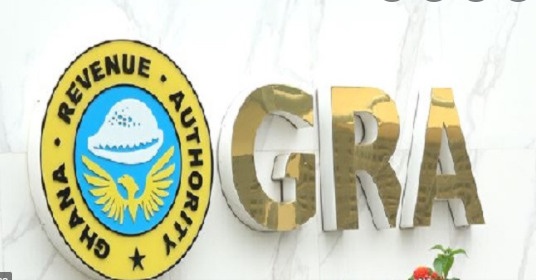The Ghana Revenue Authority (GRA) has hinted that it will soon commence a vigorous night operation to register and collect taxes from traders who work mainly at night.
The move, according to the GRA, is targetted at shoring-up revenue collection from the informal sector economy which constitutes 90 percent of the country’s workforce. The exercise will be conducted in collaboration with the Ghana Union of Traders Association (GUTA), the police and personnel from the GRA.
According to the GRA, the decision to embark on the night operations was considered after conducting research that showed a large number of income earners who operate at night do not pay taxes.
“If you pay attention to the hospitality industry, there are a lot of businesses operating at night and these businesses only operate at that time. If we are to improve our domestic tax collection, then we must collect the taxes from these operators at night,” explained Vivian Shika Omolumo, Chief Revenue Officer with the GRA.
She stated that the authority has already embarked on a number of sensitisation exercise to educate night traders on their civil responsibility.
“We will be working with executives of GUTA and the police to maintain law and order during such operations,” she said, announcing that personnel of the GRA who will conduct the exercise have already been trained.
Even though most night traders are captured by the GRA as informal operators, Ms. Omolumo however stated that there is a huge number whose operations can be captured as formal due to method of operations.
Increasing revenue from informal sector
Outlining some measures being embarked upon to improve tax collection from the informal sector, Ms. Omolumo said the GRA is embarking on consistent, sustained, targetted and timely tax education through print and electronic media to create awareness of tax obligations.
“When it comes to the informal sector, we also use tax education pod-casts and flyers in all major Ghanaian languages; and this must be decentralised to all Taxpayer Service Centres (TSCs) nationwide.”
She recommended the introduction of tax education into the Ghana Education Service (GES) curriculum – from basic school through to the Tertiary Level – to help inform parents who operate in the informal economy.
She added that there must be an effort to engage various identifiable groups to revise the taxes agreed on as captured in the Legislative Instrument (LI) 2244, some of which are over 10 years old and not economically realistic – particularly in working with the informal sector.










